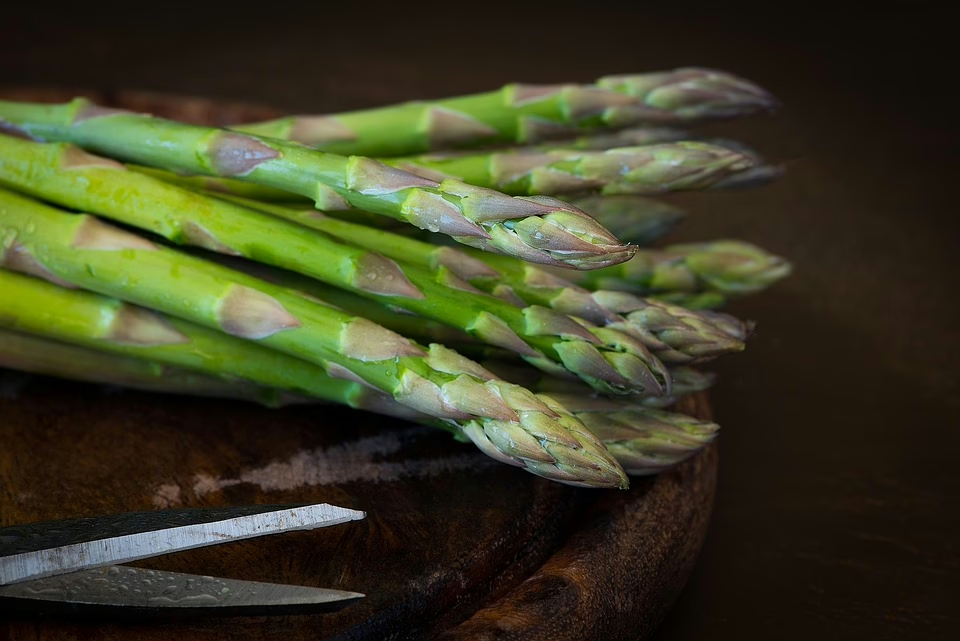Eating for Gut Health: Fiber-Rich Foods Everyone Should Enjoy
Introduction
Gut health has become a popular topic in nutrition and wellness discussions, and for a good reason. The gut is not only essential for digestion but also plays a crucial role in overall health. Recent research suggests that a healthy gut can improve mental well-being, support the immune system, and even help prevent chronic diseases. One critical component of gut health is dietary fiber, which is found abundantly in a variety of foods. This article explores the importance of fiber-rich foods for gut health and provides practical tips for incorporating them into your diet.
Understanding Gut Health
The gut consists of a complex system of organs, including the stomach and intestines, and a diverse microbiome—trillions of microorganisms that reside in the digestive tract. These microorganisms help break down food, synthesize essential vitamins, and play a key role in immune function. A balanced microbiome contributes to overall health, while an imbalanced one can lead to issues like bloating, constipation, and even more severe conditions.
The Role of Fiber
Fiber is a non-digestible carbohydrate found in plant foods. It is usually classified into two categories: soluble and insoluble fiber.
-
Soluble Fiber: This type dissolves in water, forming a gel-like substance. It can help lower blood glucose levels and cholesterol levels. Sources include oats, legumes, and some fruits.
-
Insoluble Fiber: This type adds bulk to the stool and helps food pass more efficiently through the digestive system. It is found in whole grains, nuts, and vegetables.
Both types of fiber are vital for a healthy gut, as they provide different benefits.
Benefits of Fiber for Gut Health
1. Promotes Regularity
One of the most immediate benefits of fiber is its ability to regulate bowel movements. Insoluble fiber adds bulk to the stool, making it easier to pass, while soluble fiber can help retain water in the intestines, softening the stool. This can prevent constipation and promote regular bowel movements, which are crucial for gut health.
2. Supports Digestive Health
Fiber aids in the fermentation process in the colon, producing short-chain fatty acids (SCFAs) that nourish the gut lining and reduce inflammation. A well-functioning digestive tract is essential for nutrient absorption and overall health.
3. Balances Gut Microbiome
A diet rich in fiber acts as a prebiotic, feeding the beneficial bacteria in the gut. These bacteria ferment fiber, producing SCFAs that have anti-inflammatory properties. A balanced microbiome has been linked to various health benefits, including improved mood, enhanced immune function, and reduced risk of chronic diseases.
4. Aids in Weight Management
High-fiber foods are typically more filling, which can help control appetite and reduce overall caloric intake. Maintaining a healthy weight can positively impact gut health and overall wellness.
5. Lowers Risk of Chronic Diseases
A fiber-rich diet has been associated with a lower risk of various chronic diseases, including type 2 diabetes, heart disease, and colorectal cancer. The anti-inflammatory properties of fiber help mitigate risk factors associated with these conditions.
Incorporating More Fiber-Rich Foods into Your Diet
To reap the benefits of fiber for gut health, consider these tips for incorporating more fiber-rich foods into your diet.
1. Start Your Day with Whole Grains
Switching from refined grains to whole grains is an easy first step. Opt for oats, brown rice, quinoa, or whole-grain bread and pasta. These options not only provide fiber but also additional nutrients that are often stripped away in refined grains.
2. Load Up on Fruits and Vegetables
Aim to fill half your plate with a variety of colorful fruits and vegetables. Some fiber-rich options include:
- Berries: Raspberries and blackberries are particularly high in fiber.
- Avocados: A fantastic source of healthy fats and fiber.
- Broccoli: Provides a good amount of fiber along with essential vitamins.
- Carrots: A crunchy snack that is easy to incorporate into meals.
3. Experiment with Legumes
Legumes, such as beans, lentils, and chickpeas, are not only high in fiber but also packed with protein. They can be easily added to salads, soups, and stews. A cup of cooked lentils, for instance, contains around 15 grams of fiber.
4. Snack Smartly
Replace processed snacks with fiber-rich alternatives. Keep nuts, seeds, or whole-grain crackers on hand for a nutritious option. Popcorn is another excellent choice, as it’s high in fiber and low in calories.
5. Read Labels
When purchasing packaged foods, read the nutrition labels to choose items high in fiber. Aim for foods containing at least 3 grams of fiber per serving.
Conclusion
Nurturing your gut health through a fiber-rich diet can have positive impacts on your overall well-being. By incorporating a variety of fiber-rich foods, not only can you enjoy delicious meals, but you can also support your digestive health and reduce the risk of various chronic conditions. Prioritizing gut health is a step toward a longer, healthier life.


























Add Comment